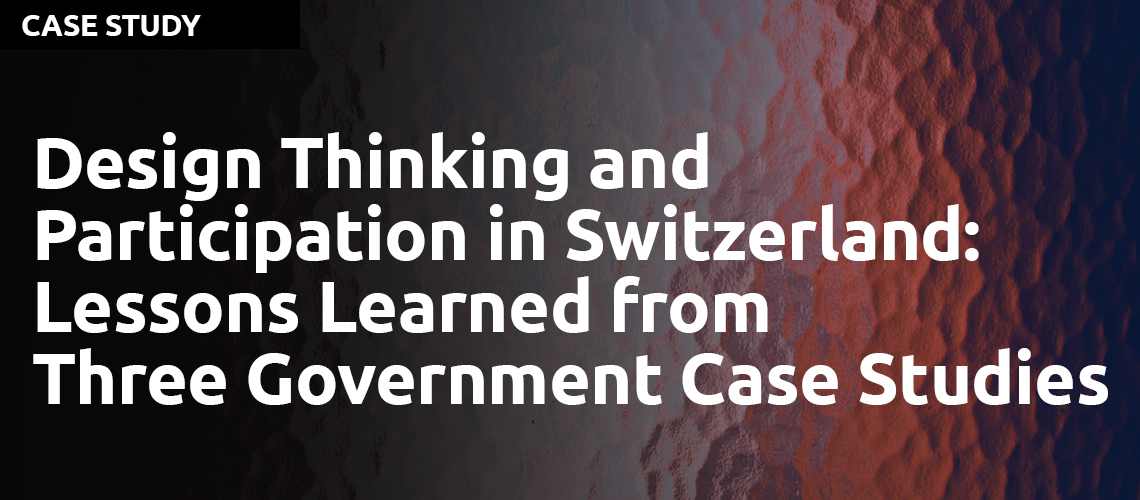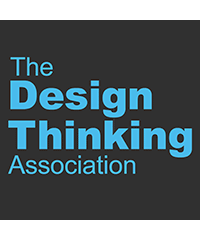
Olivier Glassey, Jean-Henry Morin, Patrick Genoud, Giorgio Pauletto
This paper examines how design thinking and serious game approaches can be used to support participation.
In these case studies the authors discovered the following results.
Perceived usefulness. Based on informal discussions and debriefing sessions following all workshops, it is clear that the vast majority of workshop participants explicitly stated that both the actual outcome of the workshop and the methods used would significantly contribute to enhancing their performance in their work. Some workshops have actually led to follow up workshops or concrete actions based on the outcome.
The power of making the intangible tangible. All workshops aim to produce an artifact for the solution. This artifact serves as the focal point allowing a much needed intermediation between people. The attention is transferred to the artifact rather than the interaction between people. The artifact significantly contributes to reducing the complexity of the issues being discussed. Such tangible artifacts become easier to deal with than discussing intangible concepts.
Another interesting and noteworthy outcome is when during the workshop you see all the participants in a group set up. We have systematically witnessed this event as being the tipping point moment of success for a group. Often this is unconsciously contagious as all groups end up standing working together.
